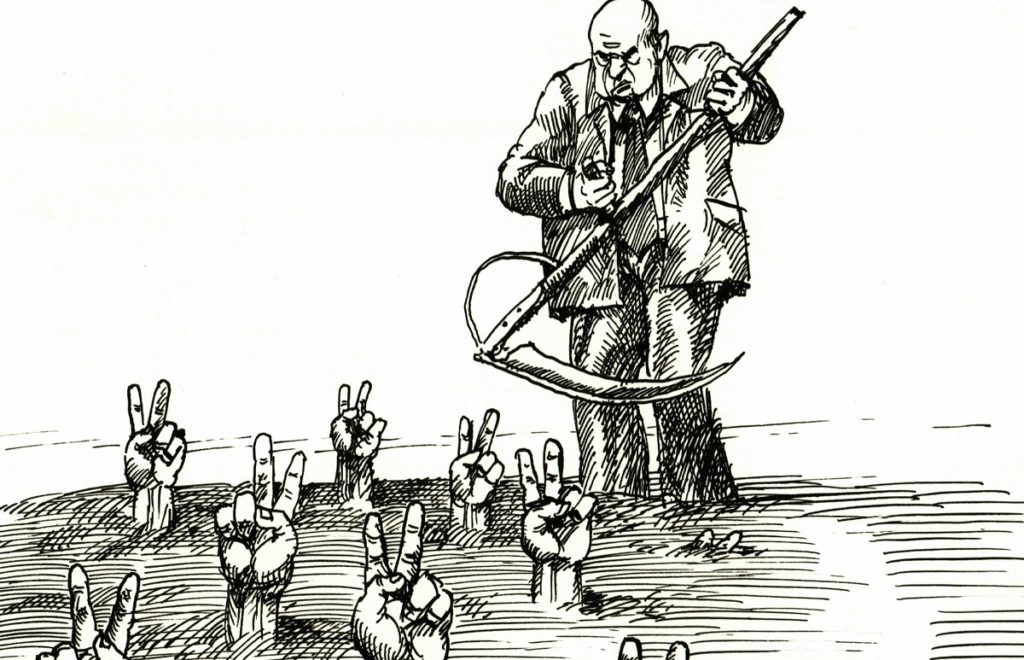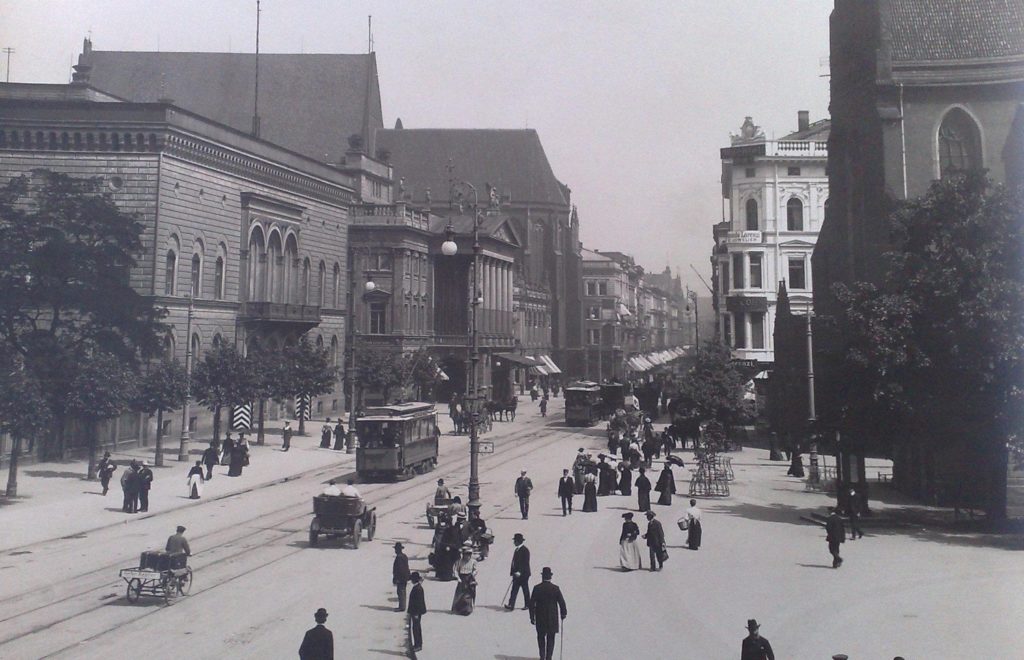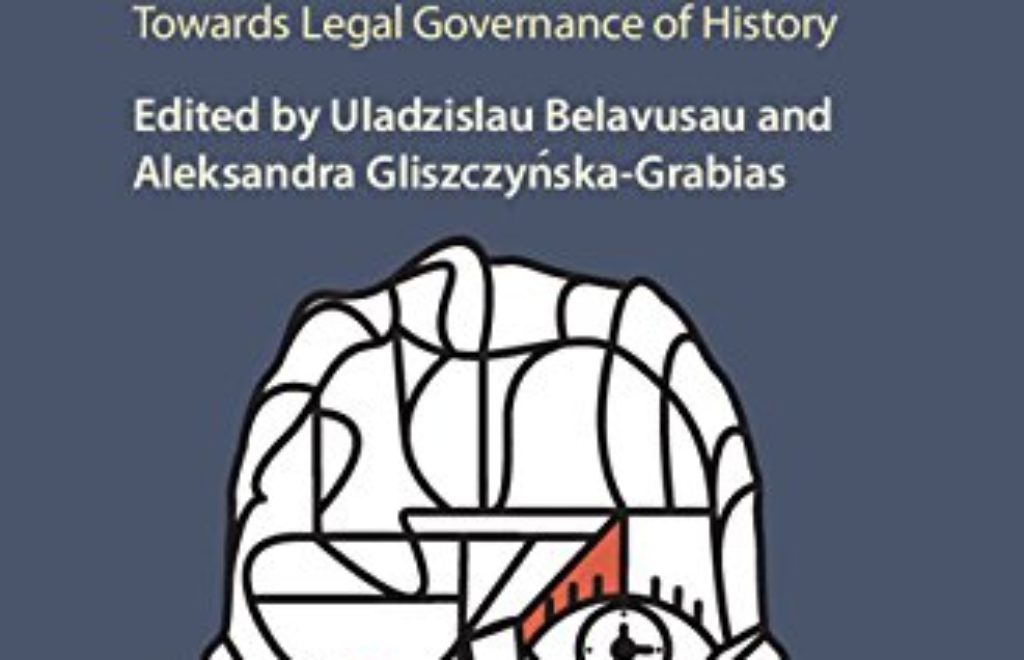2018 is the year Poland celebrates its 100 years since regaining independence. However, not all of today’s Polish territory was a part of Poland a century ago. This creates a dilemma for these regions and highlights, once again, issues of memory, identity and belonging.
In 2018, Poland becomes “infinitely independent”. At least that is the message on the official logo of the 100 years of Polish independence, which is composed of the infinity symbol coloured in white and red. Independence is to remain in Poland once and for all. But this total, somehow all-encompassing message transpiring from the logo may also be seen through different lenses – those of geography. In other words, as infinity has no borders in time, it should have no borders in space either. It is therefore possible to draw an assumption that the century of Poland as an independent state ought to be celebrated equally in all parts of the country, from its western extremes to eastern borders and from the northern seaside to the mountains in the south.
April 26, 2018 -
Mateusz Mazzini




































